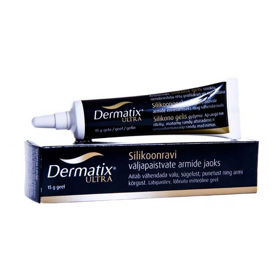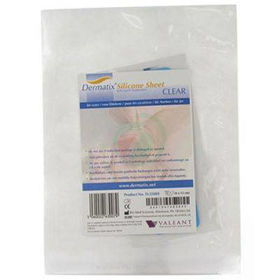Customer question:
What are the signs of wound inflammation?
Pharmacist's response:
Wound inflammation is a common phenomenon accompanied by swelling, pain, warmth, and skin discoloration around the wound. If these signs appear, it is essential to contact a doctor or specialist, as inflammation of the wound can lead to more severe health complications.
Occasionally, wound inflammation can cause fever, headache, and general malaise.
Treatment for wound inflammation can vary depending on the severity and cause of the inflammation and may include the use of anti-inflammatory medications, ointments, or wound care dressings. It is essential to clean the wound regularly and thoroughly and ensure it is well supplied with blood, as this is the only way to avoid inflammation.
How to make sure that the wound does not get inflamed?
To avoid wound inflammation, taking care of the resulting wound correctly and, above all, regularly is essential.
This includes the following wound care procedures:
Wound cleaning: Use clean water and liquid soap to care for the wound to remove dirt and bacteria. Use an isotonic solution to wash the wound.
Plasters: Use an antiseptic dressing to protect the wound from external factors such as dirt and bacteria.
Antiseptic agent: use an antiseptic agent to prevent the development of bacteria.
Mandatory treatment: In the case of deep wounds or wounds that heal more slowly, it is essential to visit a doctor and consult about appropriate treatment.
Regular monitoring: Inspect the wound regularly and monitor any changes. In case of inflammation or a difference in the color of the discharge from the wound, consult a doctor.
When the wound heals, a scar is formed - treat it with Dermatix gel.
Interesting reading: Yellow discharge from a wound
Interesting reading: Detralex - SIDE EFFECTS










 Facebook
Facebook
 Instagram
Instagram
 info@moja-lekarna.com
info@moja-lekarna.com

